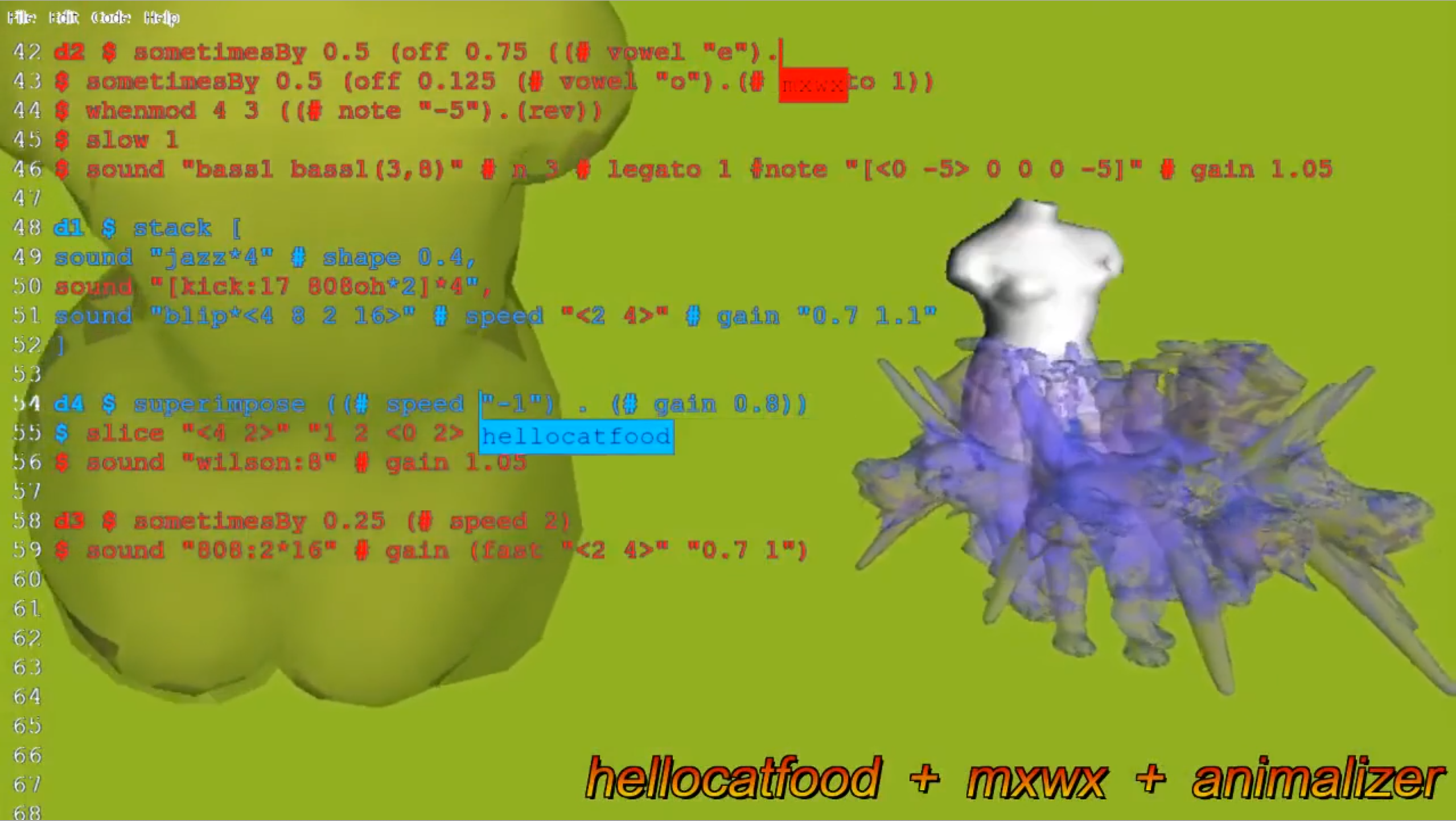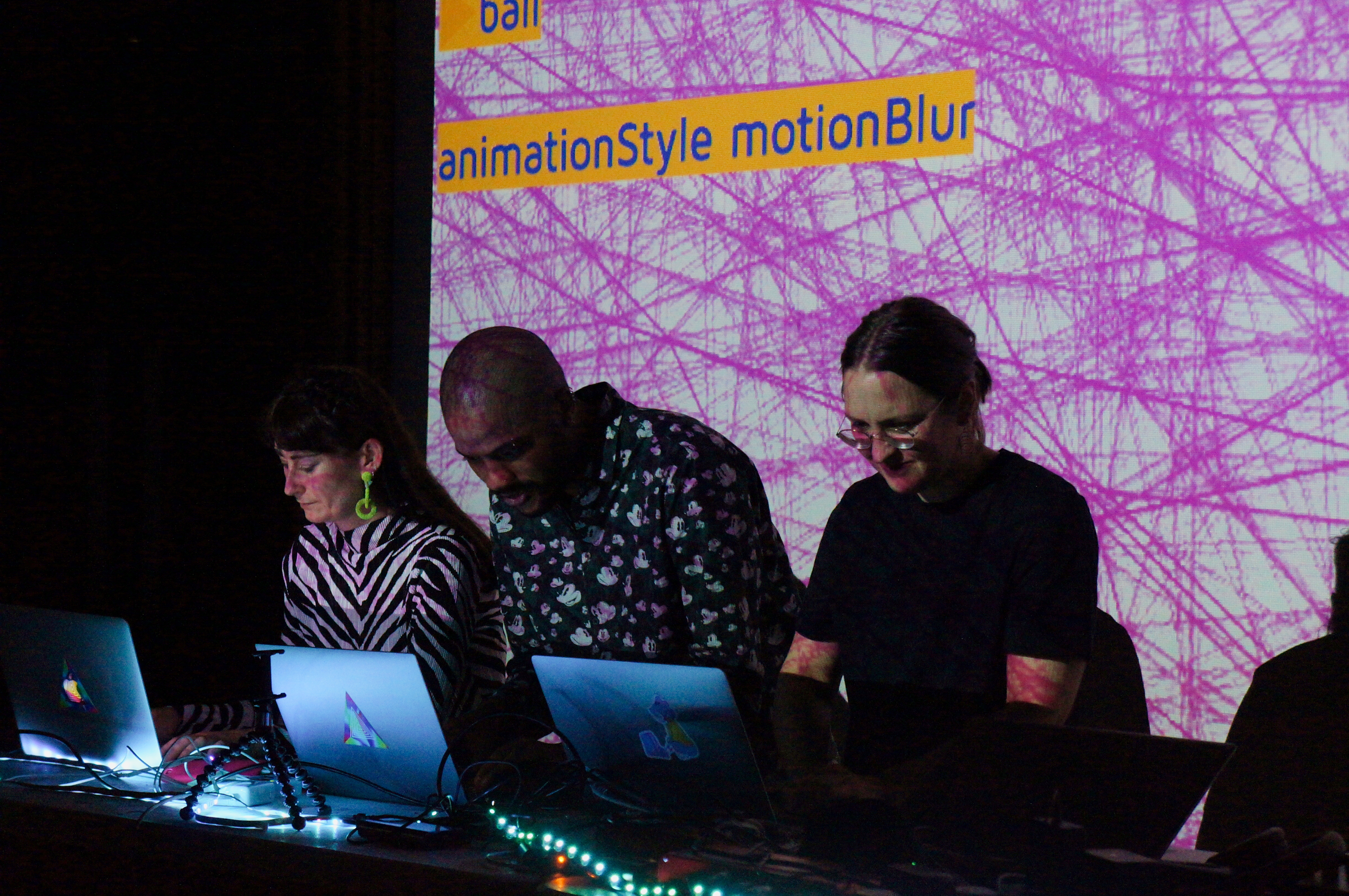I spoke with journalist Elisabeth Sherman about the research into music’s beneficial and detrimental effects on concentration.
Live Coding

New SoundCloud
Bad Circulation (our new name!) now has a SoundCloud

VR Algorave at Network Music Festival
Live coding performance at Network Music Festival VR Algorave, July 2020

Eulerroom Equinox Live Stream
Live coding performance for the Eulerroom Equinox Live Stream, March 2020

Coventry Algorave
Live coding performance at the Coventry Algorave July 2019

ICLC Algorave Limerick
Live coding performance at the International Conference for Live Coding (ICLC) Algorave, in Limerick, Ireland, 2020